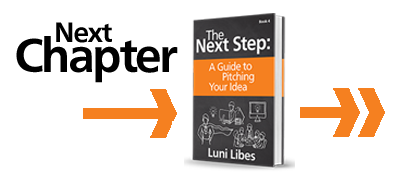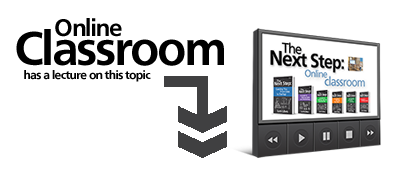Mine was a long and troubled birth…
THE BUSINESS OF HOLLYWOOD is built around crafting interesting, entertaining stories. Hollywood has been making movies and television shows for over a hundred years. Yet most of what they produce is boring, forgettable or unwatchable.
Meanwhile, I’m asking you to do better, to craft a compelling story so captivating that your audience loses themselves in the storytelling. A story so compelling people will talk about it to their friends. It’s certainly a challenge, but one that I’ve seen accomplished many dozens of times.
Not the backstory
When I push entrepreneurs to tell a story, the first story they often turn to is the backstory of their business. Ninety-nine times out of a hundred, this is not the right story to tell.
That one in a hundred times is when you grew up living the problem you are solving. In poverty. Hungry. Living in some uncommon manner that evokes sympathy and ethos from the audience.
When I work with entrepreneurs from Africa, their backstory often produces sympathy from American audiences, but it is still not usually the best story to tell. For American, Canadian, and European entrepreneurs, few backstories resonate with audiences in that way.
If you grew up middle class, well fed and educated, and if you are not solving a problem that personally effects your life or those of your family, then the audience would probably rather hear about your customers, as they are the Man-in-Hole, not you.
If you are an inventor, with an invention that can improve the lives of billions of people, cure global warming, end global poverty, or travel through time, the audience still probably doesn’t want to hear about how you hit your head in the bathroom to invent the flux capacitor, they want to hear about the new world that solution creates.
Even if your childhood evokes sympathy and even if your big idea came the day you were literally struck by lightning, that still may not be the best story to tell. Herve from the last chapter grew up in genocidal Rwanda, in a household of 25 mostly unrelated children with his young mother in charge and no fathers left alive in the rural village. No one was starving, but everyone ate meat just once per year. Herve thus knows his target customers as he once lived like them. But the story he crafted left all that unsaid. His story talks about the present and future of Rwanda, looking forward toward the growing middle class and the end of poverty.
Something different
The most interesting stories tend to not exactly follow patterns from other stories. They are different both in form and content. Television shows get monotonous when they reuse the same form over and over for dozens of episodes. Movie sequels fail whenever they simply repeat the form of the original.
That said, as Steve Jobs mis-attributed to Picasso, “Good artists borrow, great artists steal.” Copy the forms of the best TED talks or Fledge talks or Moth Radio Hour or wherever else you find short stories. Copy, but make changes to make them better.
For the tomato, the clock is ticking
For an example of something different and compelling, watch the Demo Day presentation by Nnaemeka pitching Cold Hubs. You may recognize the basic form of the ticking clock from countless childrens’ books, or in television form as the show 24.
A dozen years before Cold Hubs, Nnaemeka founded a radio station, and thus he has quite a bit of experience telling stories. Try grabbing your audience with your own ticking clock.
Oh no, oh no, it’s happening again?!
Two Demo Day stories that begin with the character speaking to the audience are Zijani and BridgeCare Finance.
Obamastove
And despite everything I said about backstories, sometimes that is the best story. Being a refugee is unfortunately not unique, but the story from refugee to taxi driver to founder of Africa’s largest manufacturer of cookstoves is unique. Add to that Yusuf’s impassioned delivery and the story of Obamastove grabbed its audience like few others (obamastove.com).











